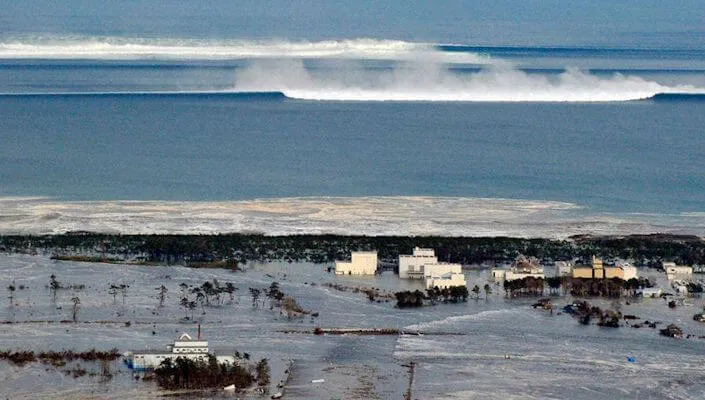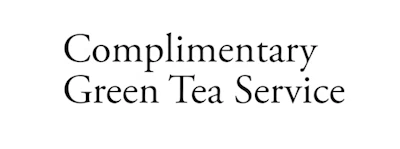March 11, 2011 Japan Anniversary Earthquake & Tsunami that Struck Japan & Radioactive Detection in the Pacific Coast Ocean - Help JapanNEW


- No Additional Dates.
On March 11, 2011, at 2:46 pm, Japan experienced a seismic event of monumental proportions-a 9.0 magnitude earthquake centered 231 miles northeast of Tokyo, with a depth of 15.2 miles. This cataclysmic event unleashed a tsunami, generating waves reaching up to 30 feet in height, wreaking havoc on the coastal regions and causing significant damage to multiple nuclear reactors in the vicinity.
This earthquake stands as the fourth largest recorded since 1900 and is the most formidable to have ever struck Japan. The aftermath was profound, with a confirmed death toll of 15,884 as of February 10, 2014.
Several key facts illuminate the extent of the disaster
1. Nuclear Impact: At the time of the earthquake, Japan relied heavily on nuclear energy, boasting 54 reactors, two under construction, and 17 power plants that collectively supplied approximately 30% of the nation's electricity. The earthquake's toll on these facilities added a complex layer to the crisis.
2. Financial Toll: The material damage from the earthquake and tsunami was staggering, estimated at around 25 trillion yen ($300 billion), underlining the profound economic repercussions.
3. Fukushima Daiichi Plant: Situated approximately 65 km south of Sendai, the Fukushima Daiichi nuclear power plant, operated by the Tokyo Electric Power Company, bore the brunt of the disaster with six reactors facing severe consequences.
4. Radiation Concerns: The incident raised concerns about radiation exposure, with the measurement unit microsievert becoming a focal point. It's noteworthy that people typically encounter about 1,000 microsieverts in a year. The fallout from the damaged reactors prompted extensive monitoring and evaluation.
Additionally, the repercussions of the disaster extended beyond Japan's borders. The release of cesium isotopes into the Pacific Ocean drew attention, with experts monitoring the spread of radioactivity in the ocean. The potential impact on marine ecosystems and the longevity of cesium isotopes underscored the global implications of this tragic event.
This overview aims to provide a comprehensive understanding of the 2011 earthquake and tsunami in Japan, acknowledging both the immediate human toll and the enduring consequences for the nation and the world.
Detecting Radioactive in the Pacific Coast Ocean from Fukushima
We expect samples from the surface waters of the western Pacific that have not been contaminated by the Fukushima source to have 137Cs activity of between 1 and 2 Bq/m3 and for 134Cs to be "below detection." This is because the only significant source of cesium in the Pacific prior to Fukushima was nuclear weapons testing during the 1950s and 1960s, and with its shorter 2-year half-life, all of the 134Cs from this source would have decayed by now, but because 137Cs has a 30-year half-life, we still see about 25 percent of the amount that was released (50 percent lost in first 30 years, half again of the remaining 50 percent lost in the following 30 years).
Disclaimer: Please double check all information provided on our platform with the official website for complete accuracy and up-to-date details.
Wednesday, 11 March, 2026
All Dates For This Event
Event Contact
Japan Anniversary Earthquake & TsunamiEvent Organizer Website
Get More Details From the Event Organizer
Event Location Website
Visit Location Website
For More Location Details
Event Information Can Change
Always verify event information for possible changes or mistakes.Contact Us for Issues















